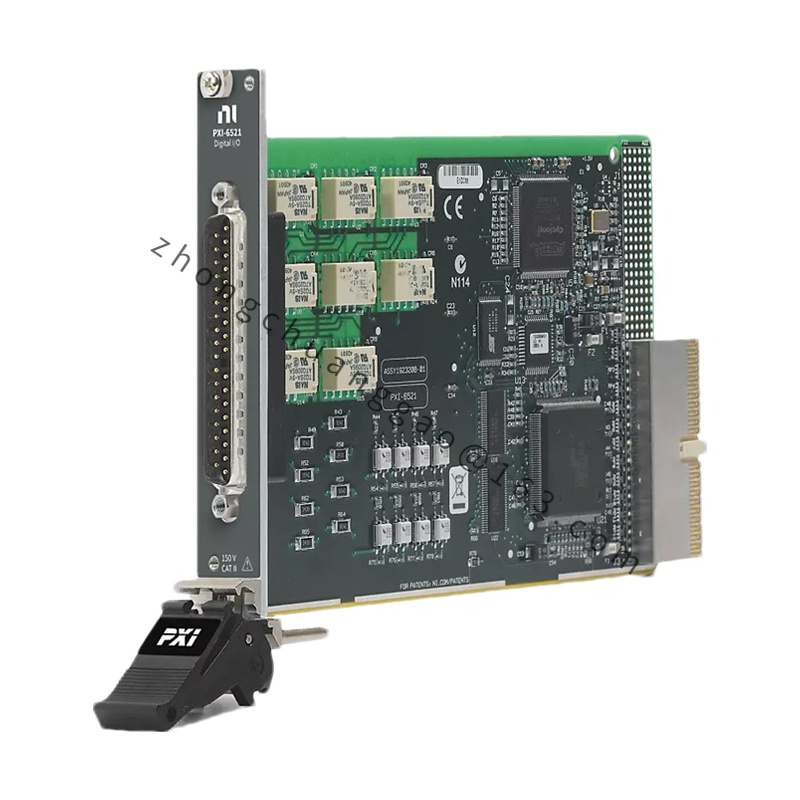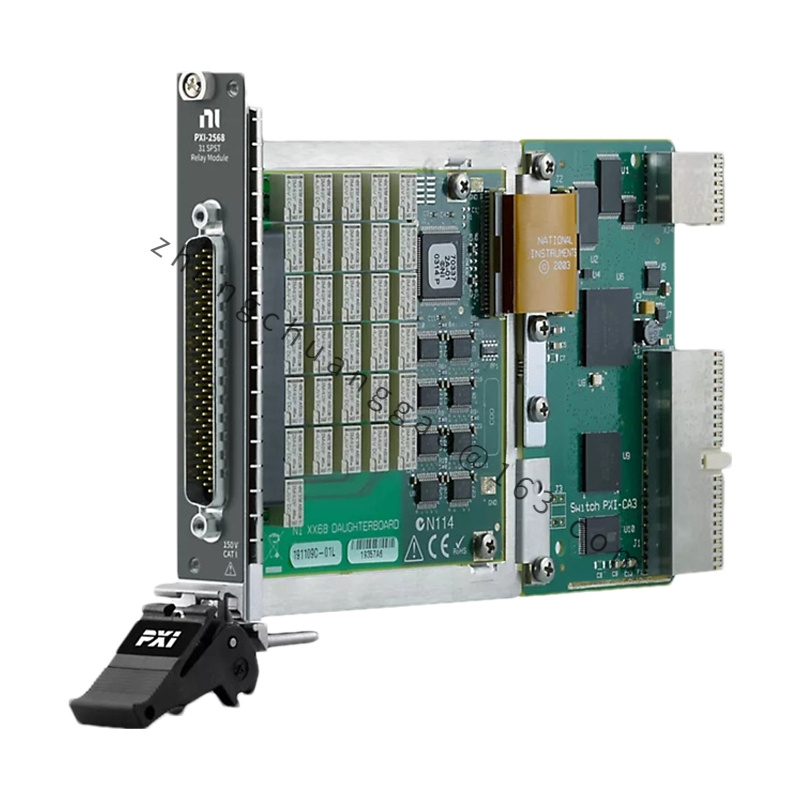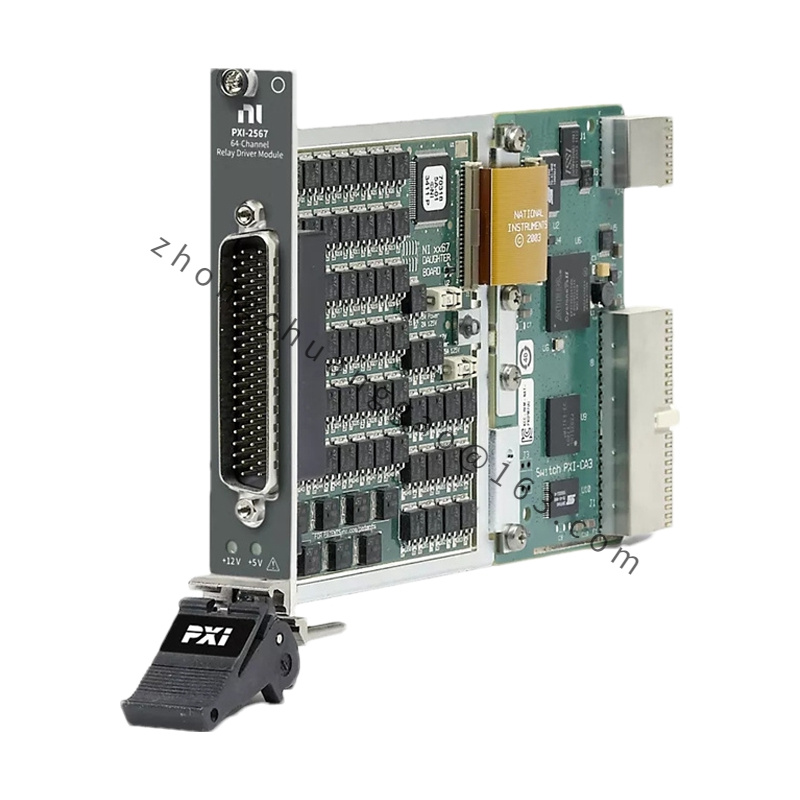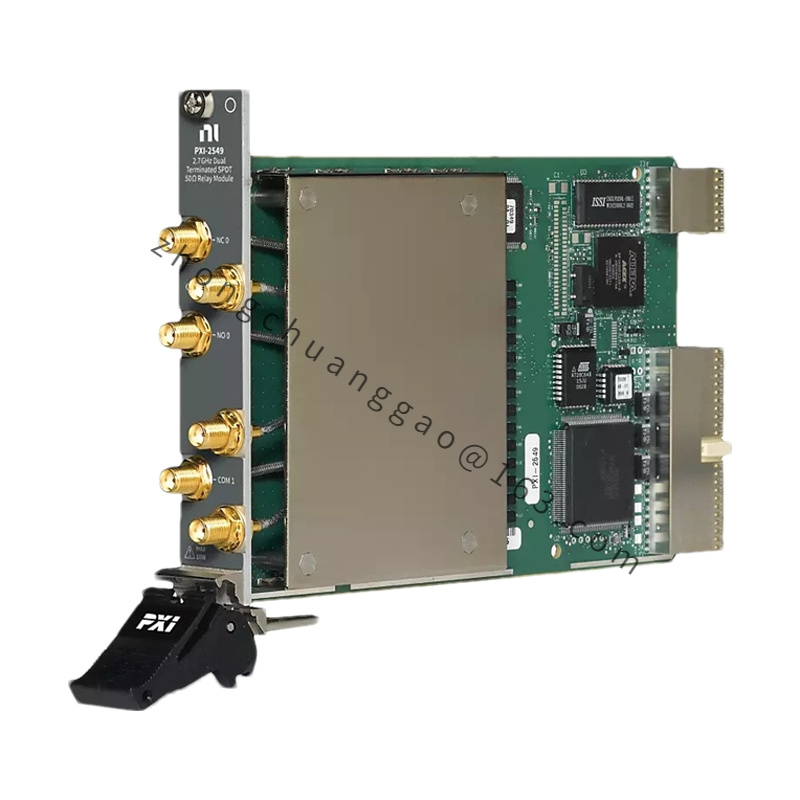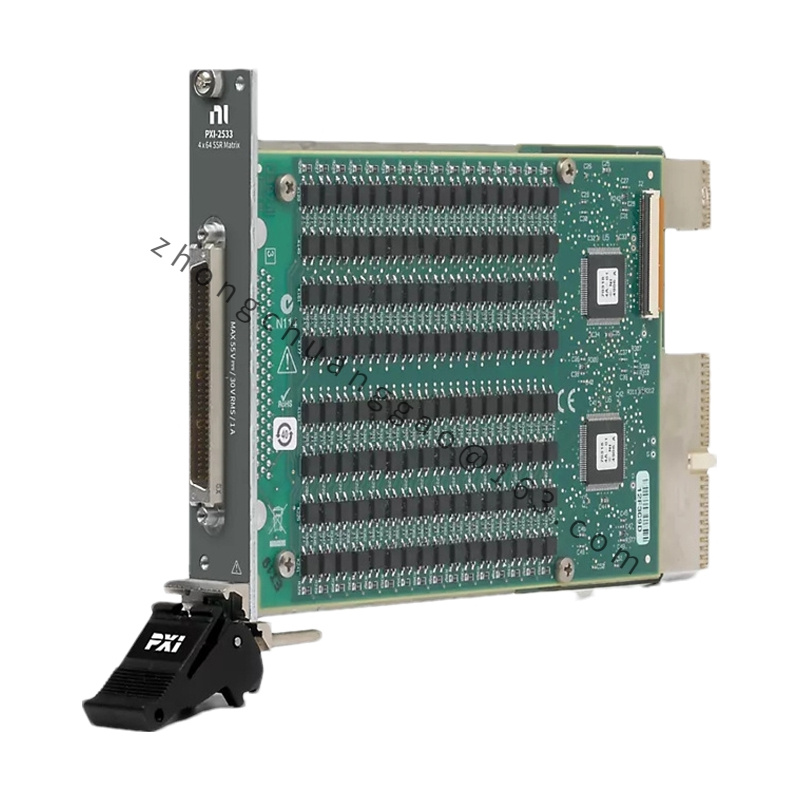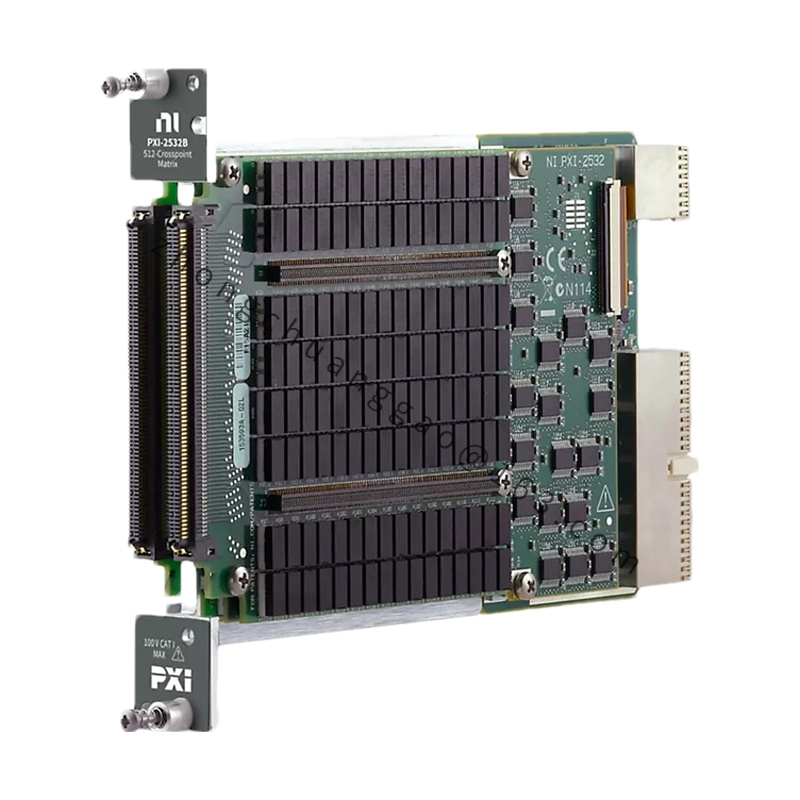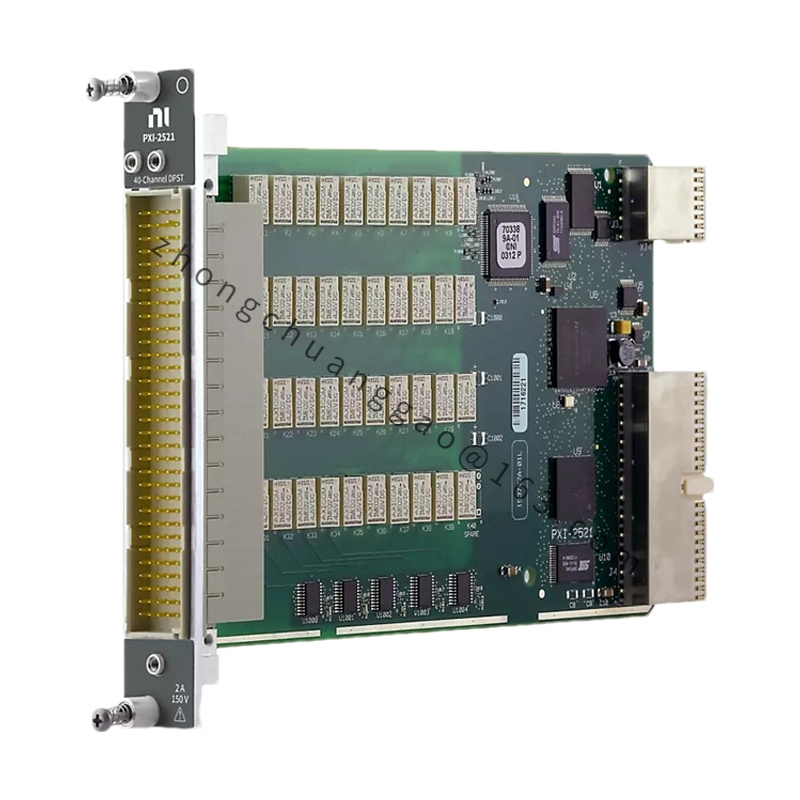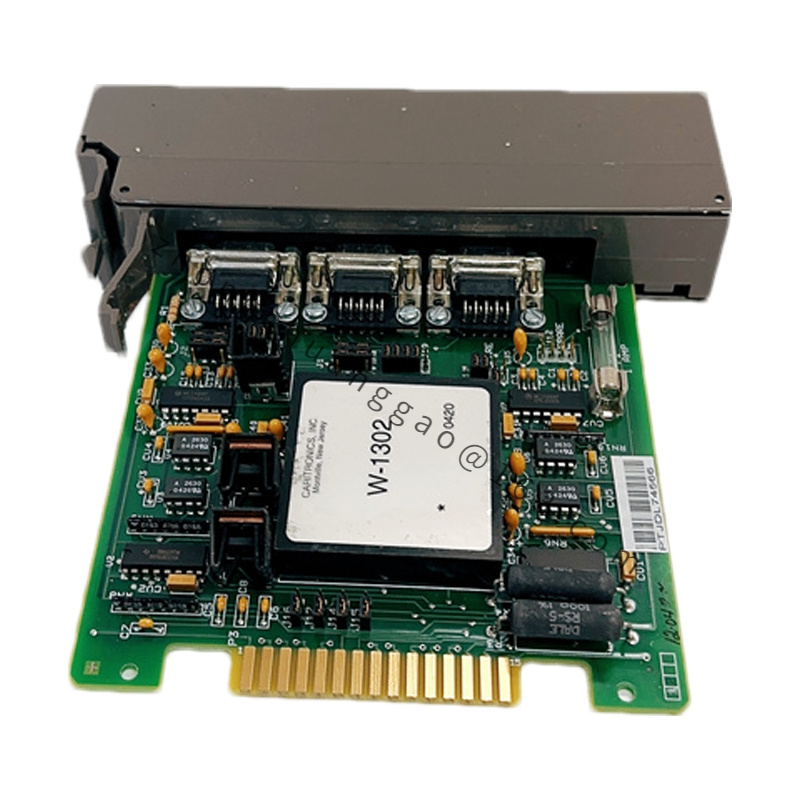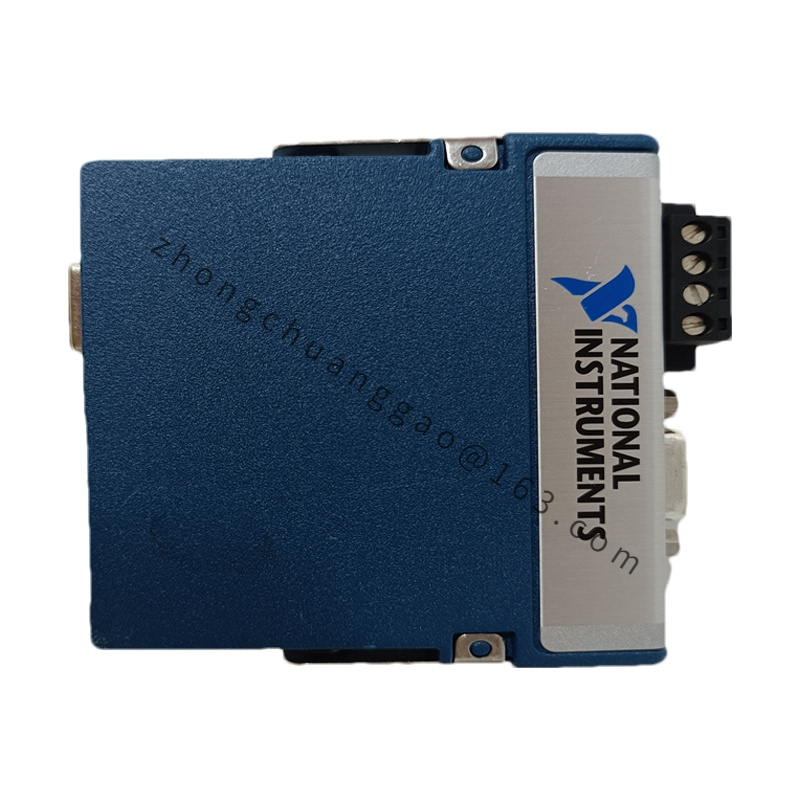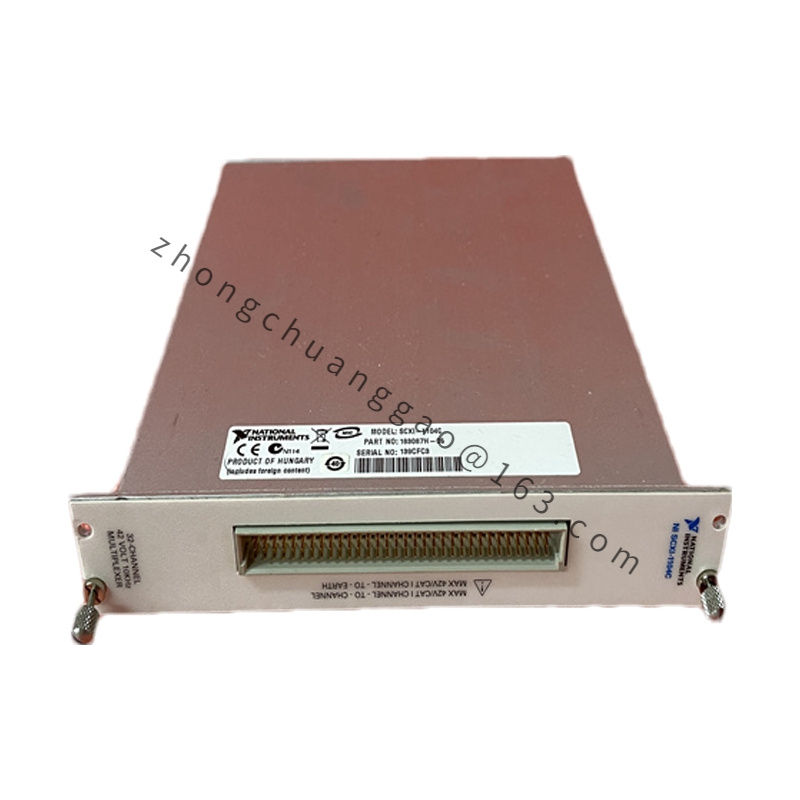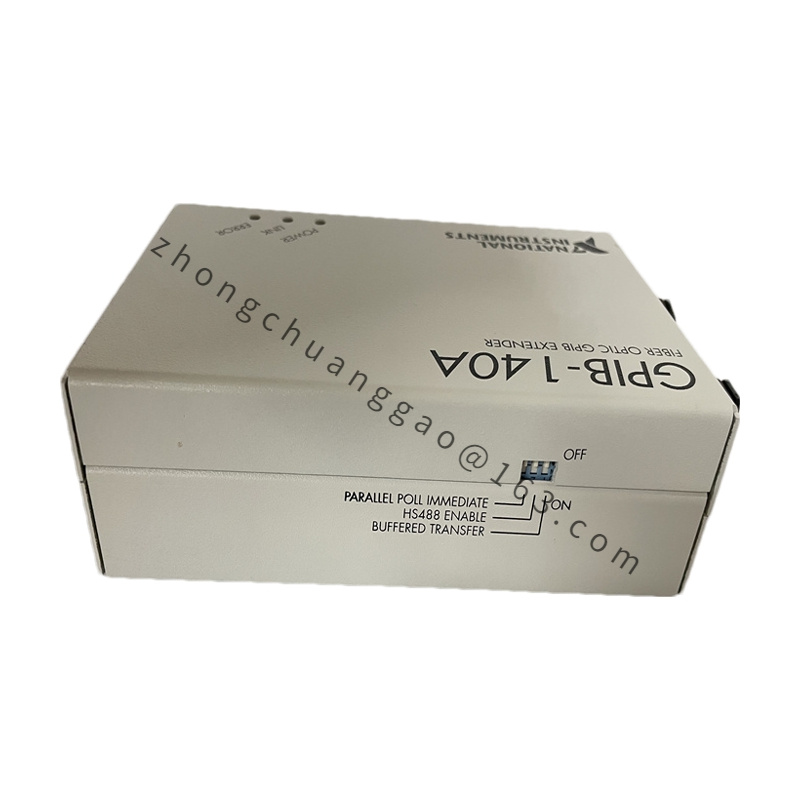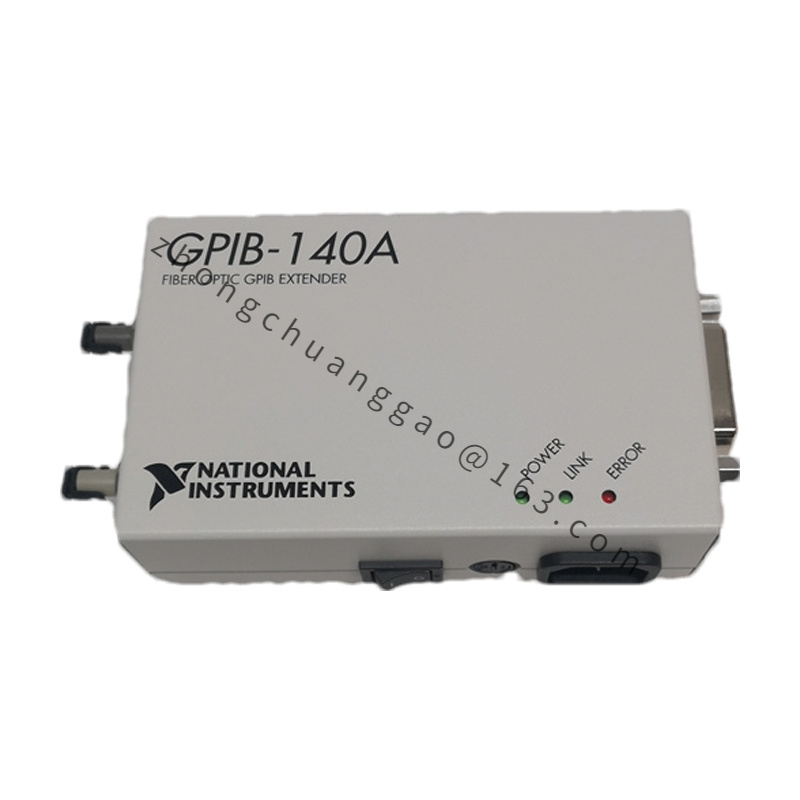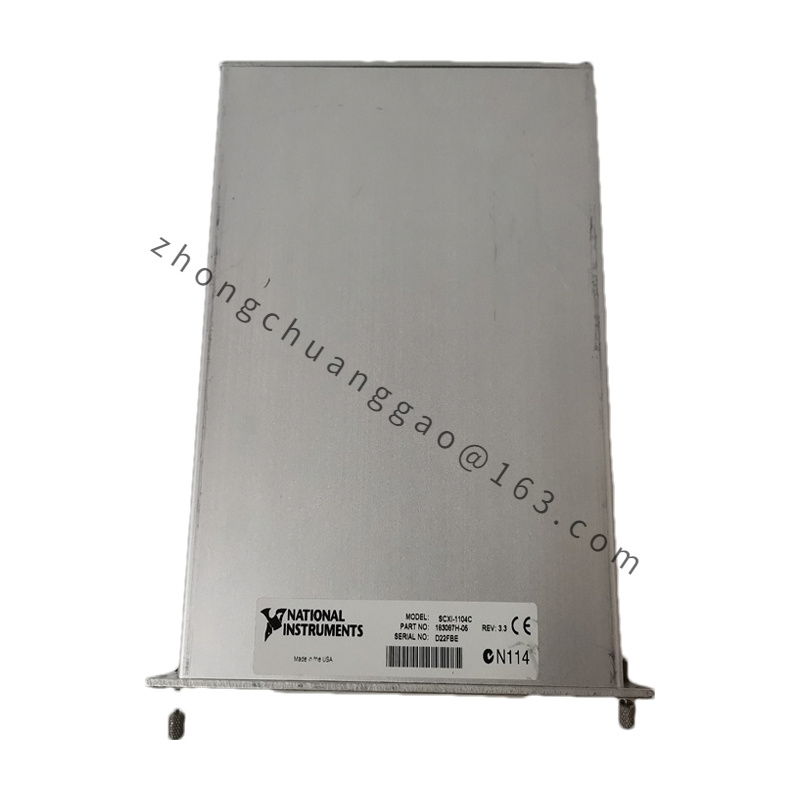Detailed content
Technical Specifications:
- Number of Channels:
- Digital Lines: 32
- I/O Type:
- Bidirectional: Each line can be individually configured as either an input or an output.
- Digital I/O Voltage Levels:
- Logic Levels: 0 V (low) to 5 V (high), TTL compatible
- Input Characteristics:
- Input Logic Levels: 0 V to 5 V
- Input Pull-Up/Pull-Down Resistors: Programmable per channel
- Output Characteristics:
- Output Drive Capability: Typically 24 mA per line (source and sink)
- Output Logic Levels: 0 V (low) to 5 V (high)
- Timing Specifications:
- Update Rate: Up to 1 MHz (for static I/O operations)
- Isolation:
- Channel-to-Channel Isolation: Not provided; uses common ground.
- Connector:
- Type: 68-pin D-Sub (HD-68) connector
- Operating Temperature:
- Temperature Range: 0°C to 55°C
- Storage Temperature:
- Storage Range: -40°C to 70°C
- Relative Humidity:
- Humidity Range: 10% to 90% non-condensing
Functional Features:
- High-Density Digital I/O: Provides 32 digital I/O lines, allowing for high-density and compact integration in PXI systems.
- Flexible I/O Configuration: Each line can be individually configured as an input or output, offering versatile signal handling capabilities.
- TTL Compatibility: Operates with standard TTL logic levels, making it compatible with a wide range of digital circuits and devices.
- Programmable Pull-Up/Pull-Down Resistors: Features programmable resistors to customize input lines according to various signal conditions.
- High-Speed Operation: Supports high-speed digital operations with an update rate of up to 1 MHz, suitable for real-time data acquisition and control.
- Driver and Software Support: Works with National Instruments’ software and drivers, such as NI LabVIEW and NI MAX, for straightforward configuration and system integration.
Application Scenarios:
- Automated Test Systems: Ideal for use in automated testing environments where high-density digital I/O is required for device control and monitoring.
- Digital Signal Processing: Suitable for applications requiring the handling of multiple digital signals, including communication systems and electronic testing.
- Control Systems: Useful in control systems for switching and managing digital devices or circuits.
- Data Acquisition: Employed in data acquisition systems where digital I/O capabilities are needed for capturing and generating digital signals.
Additional Considerations:
- Driver and Software Integration: Requires National Instruments’ drivers and software tools, such as NI LabVIEW or NI TestStand, for full functionality and integration.
- Connector and Wiring: Utilizes a 68-pin D-Sub connector for interfacing with external equipment. Proper wiring and signal conditioning might be necessary for accurate operation.

